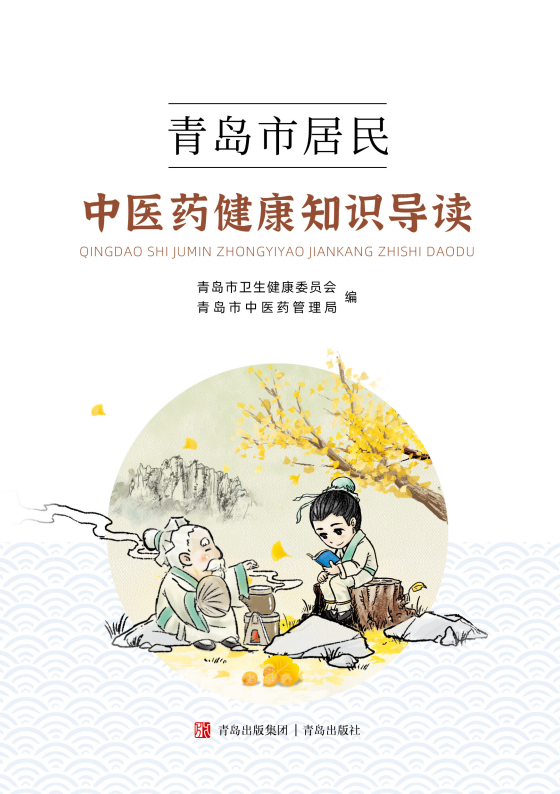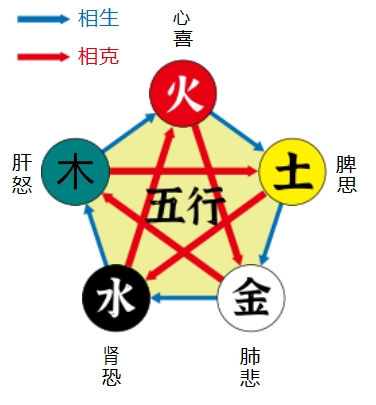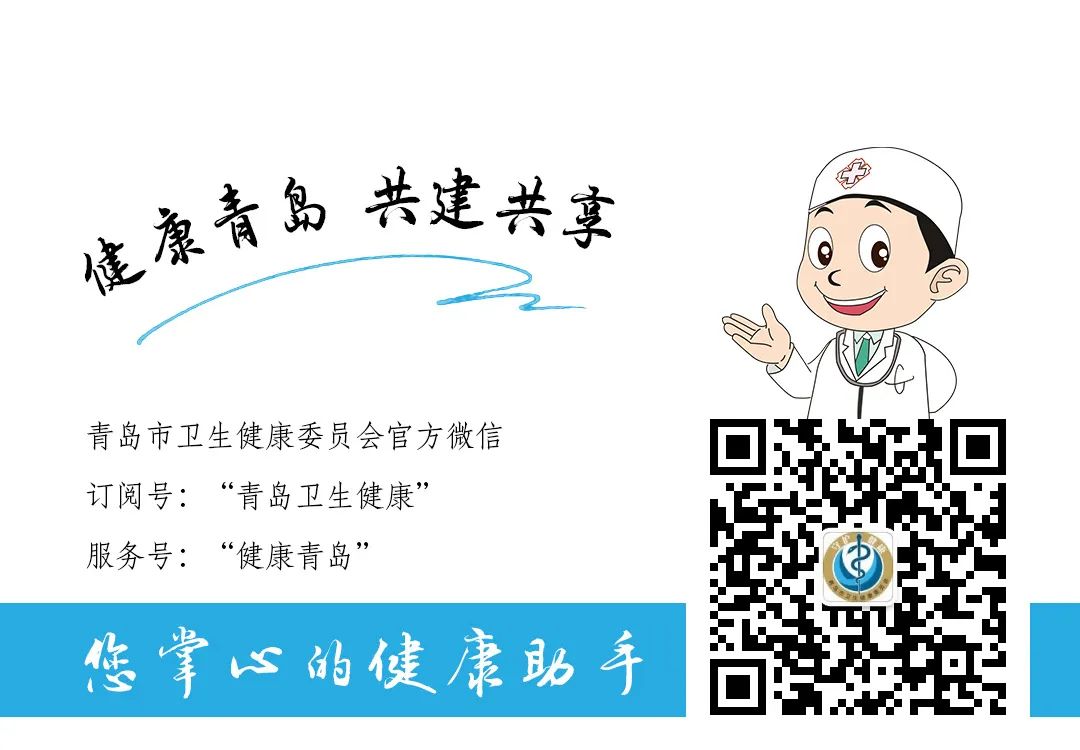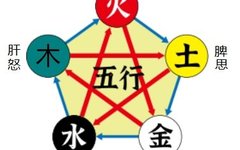
To disseminate the unique knowledge, skills, and methods of Traditional Chinese Medicine (TCM), the Qingdao Municipal Health Commission (Qingdao Municipal Administration of Traditional Chinese Medicine) has organized experts in the TCM field to compile the “Guide to TCM Health Knowledge for Residents of Qingdao.” This book aims to make scientific TCM cultural knowledge more widely accessible to the public, allowing TCM to become a cultural consciousness that promotes health among the masses. It encourages the integration of TCM into daily life, guiding people to continuously enrich their knowledge of TCM health culture, establish correct concepts of TCM health culture, master scientific TCM health maintenance skills, develop healthy lifestyles, and promote the continuous improvement of the TCM health cultural literacy of residents in the city.
Part One: Understanding TCMThe Seven Emotions and Five AspirationsThe Seven Emotions refer to the seven types of emotional activities: joy, anger, worry, thought, sadness, fear, and shock. Among these, sadness and worry are similar and can be combined; shock also implies fear, thus shock can be categorized under fear. TCM uses the theory of the Five Elements to classify joy, anger, thought, sadness (worry), and fear (shock) as the “Five Aspirations,” thereby unifying the concepts of the Seven Emotions and the Five Aspirations. The Seven Emotions and Five Aspirations are normal mental activities, but sudden, intense, or prolonged emotional stimuli can harm the five internal organs and even lead to disease.

The Seven Emotions and Five Aspirations are closely related to the functions and activities of the internal organs. Each emotion corresponds to a specific organ: the heart corresponds to joy, the liver to anger, the spleen to thought, the lungs to worry (sadness), and the kidneys to fear (shock).The heart governs joy: Joyful emotions are associated with the physiological functions of the heart. A cheerful mood can harmonize blood and qi, but sudden excessive joy may scatter heart qi, leading to symptoms such as palpitations, insomnia, forgetfulness, and mania, known as “joy injures the heart.” Patients with heart disease should avoid extreme emotional fluctuations to prevent cardiovascular accidents.The liver governs anger: Anger is a strong emotional response to external stimuli and is closely related to the liver. Anger can injure the liver, potentially leading to liver qi stagnation, resulting in unstable emotions, decreased appetite, and abdominal distension and pain. Sudden intense anger can easily lead to excessive liver yang, chaotic qi and blood, causing symptoms such as flushed face, dizziness, tinnitus, and fainting, and may even trigger hypertension, coronary heart disease, or gastric ulcers.The spleen governs thought: Thought refers to contemplation and consideration, and emotional states related to thinking are associated with the spleen. Normal thinking generally does not adversely affect physiological activities. However, excessive contemplation can lead to dysfunction in the spleen and stomach, resulting in symptoms such as tastelessness in food, emaciation, fatigue, and depression, known as “thought injures the spleen.”The lungs govern worry and sadness: Worry and sadness are non-beneficial emotional activities closely linked to the lungs. Excessive worry and sadness can injure lung qi, leading to symptoms such as depression, insomnia, shortness of breath, and dry cough.The kidneys govern fear and shock: Fear and shock can affect the kidney’s ability to store essence. Shock and fear may lead to chaotic qi dynamics, unsettled spirit, and unstable kidney qi, resulting in symptoms such as elevated blood pressure and increased heart rate; extreme fear may also lead to incontinence and mental confusion, known as “fear injures the kidneys.”

Source: TCM Department, Publicity Department

